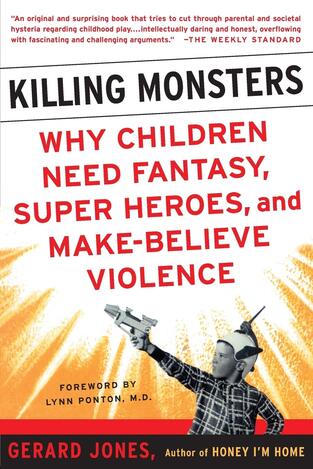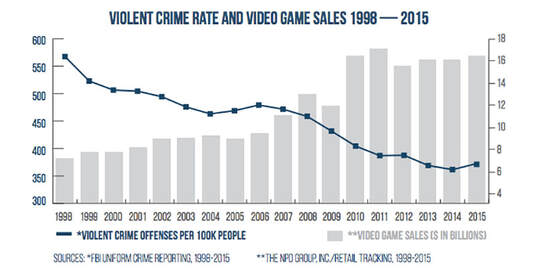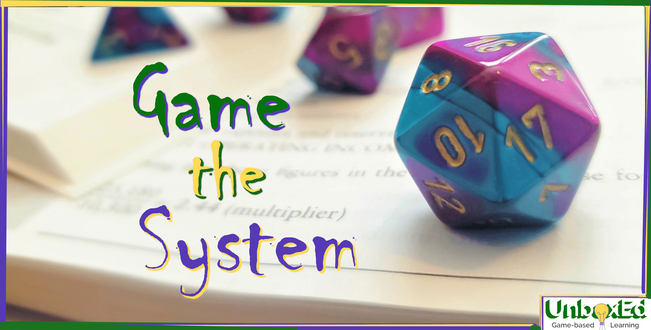|
We recently had a teacher email us to ask about incorporating D&D into the classroom. He had reservations, however, about introducing young students to a game about killing monsters and exerting aggression, and how to sell that to parents. Our response became more comprehensive than we expected, and we feel it's worth sharing. “I want to start by addressing a few assumptions, the first being that violence or aggression within play is inherently bad and should be suppressed. Part of the reason I started my first D&D club was that our school district had made it tough for young boys to appropriately express aggression and competitiveness. At recess, we had a policy to ban all rough or aggressive play and imaginary weapons of any sort. Similarly, in Art class there was a rule about ‘no blood, weapons or fighting.’ I personally support the research that demonstrates acts of aggression and competitiveness in play is not at all the same as BEING a violent individual. Heck, there's even a book on it called Killing Monsters. The research on violent games suggests that what creates violent attitudes is actually frustrating difficulty curves, not the content. Moreover, young boys use rough play to define the appropriate boundaries of aggression and competitiveness. For any child, not just boys, killing a monster provides 1) elements of teamwork; 2) immediate and direct validation of their developed skills, strategies and immersion in the game; and 3) a safe way to learn about caution, planning, morality and consequence/permanence. I think it's confusing for kids to be told that their instincts and impulses are ‘inappropriate’ or ‘wrong’ (remind anyone of Abstinence Education?), as opposed to helping them navigate the boundaries of those impulses and learn the rules for when aggression affects the rights and comfort of another person. I saw our club as an opportunity to help students confront some of these controversial subjects in their own language and on their own terms. However, I completely understand that this is a tough thing to talk to parents about. There are cultural and ethical differences between households. There are equally valid opinions on the matter. So I would encourage anyone to do their own research on the area of violence in games and share that information in hopes of calling out outdated science on the subject. The Psychology of Video Games podcast is a great starting place for many direct insights and references. Having said all that, my cheeky answer would be: recruit as many girls as possible into the group. I loved having girls in the party because they were far more empathetic, superior planners, and offered the game a richness that had nothing to do with monsters or fighting. They added a very real and very cool social aspect to the game. My final recommendation would be to ask the kids what they want the game to be. They might have the same assumptions that D&D is only about killing monsters, when that is such a small part of what the game can be. The most fun and rewarding campaign I've ever played with anyone of any age is our Entrepreneurship groups that we guide through building a startup business. For an entire year we aim our imagination at making a business thrive, without rolling a single combat dice, and the kids love every minute of it.
So the second assumption to bust is, you ain't gotta kill monsters. D&D can be a tabletop Minecraft. Maybe your kids want to build a city. Maybe they want to solve a mystery. Maybe they want to re-enact a situation in history that they are studying. If the intention is for the game to engage their curiosity, start by asking them, "what do you want to play today?" That's the long version of our response. Without venturing too close to Fight Club territory, we do feel there ought to be a degree of protection and privacy over student-led D&D campaigns. The integrity of the magic circle is something we take seriously. We trust our students to either act maturely or learn from their immaturity, and they trust us to keep our game a safe place where they are allowed to invent, experiment, test boundaries, be themselves and regulate themselves. The first job of a game master is to listen. A teacher's job is to illuminate a pathway. To deny kids opportunities of identity-creation because of our own assumptions about what's best for them is lecturing, not education.
0 Comments
Leave a Reply. |
SubscribeSign up to receive monthly emails, sharing research and insights into the world of game-based learning. Archives
April 2023
Categories
All
|




 RSS Feed
RSS Feed
